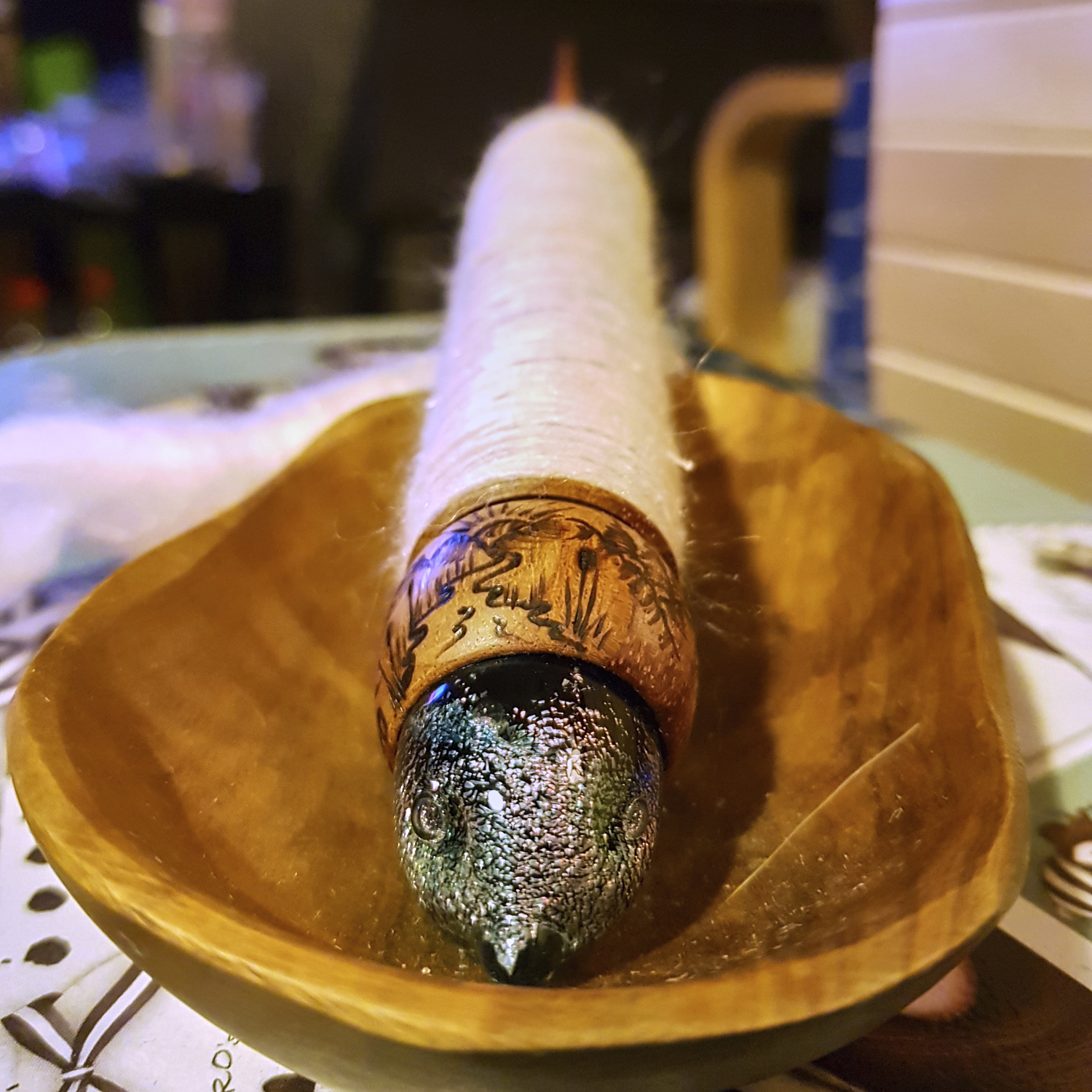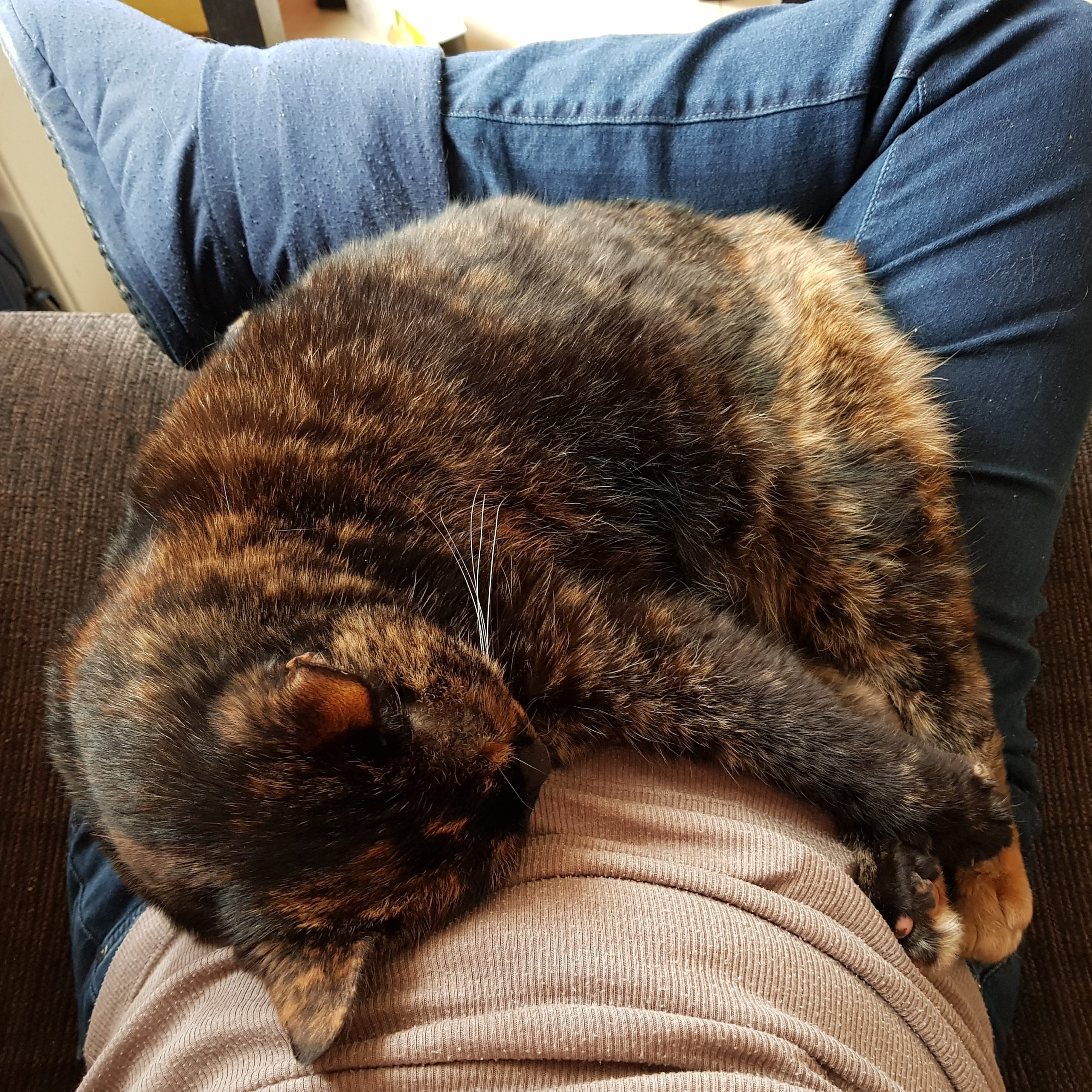Healing the what? The superego. It’s a term coined by Freud back in the days. The superego is the ethical component of the personality and provides the moral standards by which the ego operates. The superego’s criticisms, prohibitions, and inhibitions form a person’s conscience, and its positive aspirations and ideals represent one’s idealised self-image, or “ego ideal.”
So, basically, the superego enforces that you play by the rules that have been instilled in you. If you’re lucky, you have internalised helpful rules when you were little. Many people aren’t so lucky, either having gone through active mistreatment (bullying and abuse) or having received passive negative messages (neglect and missing out on essential experiences). For example, if your classmates bullied you, you may have internalised the rule that you should not attract attention to yourself (because it was dangerous). Or, if your parents were very controlling, you may have internalised the rule that being controlling equals love. You may also have internalised the rule that you should not have emotions, just because your parents didn’t express theirs.

Most people have internalised some rules that are not useful to them anymore. These rules used to help, in a dysfunctional way, but now that the situation has changed, the rules are working against you. The impact of those obsolete rules can be quite severe. You may not be able to enjoy life to the fullest, you may be holding yourself back in any area of life. Basically, you are not allowing yourself to be who you really are.
The superego is embedded deeply in your inner core. The rules are communicated to you through the so-called inner critic. This inner critic can be harsh and strict, but if you’re lucky, it may actually be encouraging you to be who you want to be.
My inner critic used to be very strict and harsh. It was saying things like “you should know better”, “you should be perfect at this”, “you are ugly”, “you are weak”, “you are exaggerating”, “other people have it worse, toughen up”, “you have ridiculous taste”, “you are too sensitive”, “you are too present”, etc. Not helpful, but damaging. If you hear that kind of stuff often, it does a number on your self-esteem and confidence. Even if you know that it isn’t true.
I have been aware of this inner critic for years, but I never managed to shut it up. I read the book Taming your gremlin a few years ago and attempted to tame mine. It didn’t really work for me. The method was based on seeing the inner critic as an enemy that is out to make you miserable, and it knows all your weak spots. You need to hear it, identify it, and then refuse to play along with it. Sounds good in theory, and it works insofar that you become more aware of the gremlin and you can start to see it separately from your core, but you have to keep on fighting it forever.

Last summer I discovered Richard Grannon on YouTube. Richard is a psychologist who also has a background in martial arts. At first, he focused on narcissism and healing yourself after coming out of a narcissistic relationship. Then he moved into the area of C-PTSD (see also the great book by Pete Walker, Complex PTSD, from Surviving to Thriving). Now, he’s focusing on codependency.
Back then I was doing therapy with a psychotherapist who helped me with EMDR to process my old feelings and memories from being bullied at school. I shared what I learned about C-PTSD with her and she acknowledged that she recognised these things in me. She recommended that I go to someone who specialised in processing trauma. So I did, and my new therapist is specialised in body-oriented psychotherapy. A great fit for me.
I watched many of Richard’s videos alongside therapy, and looked more closely at my own behaviour and feelings. I did his Stop emotional flashbacks course (free for subscribers), which helped. Then I did his Emotional literacy course because I found out that my knowledge of what I’m feeling is quite rudimentary, especially in the moment. I learned about the nuances of emotions and how they relate to experiences in the past. In therapy, I focused on the body and how emotions and memories are expressed and stored physically. How I could validate my feelings without guilt. There was processing and mourning as well as practicing and exploring. My awareness started to increase.

The inner critic was still strong, though. Fighting it, reasoning with it, nothing really helped. I was aware that it was nasty, but I couldn’t silence it. I couldn’t help but listen to it, sometimes, and worry if it was right about me all along. What if I really was a weak, ridiculous, unloveable person? What if the world was really only bad and sad and doomed? What if I was just denying the truth and doing everything wrong? I had put myself in a small box of doing things right and not offending anyone or risking the focus of the eye of Sauron.
Then Richard talked about the inner critic in one of his videos. He explained what is really going on with the superego/the inner critic. He explained how the harsh inner critic is created in childhood. Why fighting it doesn’t work.
But if you can’t fight it, what then?
The solution is re-programming. You need to give the little robot, the inner critic, new input. New rules on which it can base its messages. The inner critic has basically been repeating an old recording over and over. But if you build new rules, those will create new messages for the inner critic to send. It can become supportive and encouraging instead of harsh and critical. It can become your ally instead of your enemy.

You need to approach changing the rules in a sneaky way, though, otherwise the old rules will fire off immediately. Those neural pathways have been treaded so often for so long that it has become very easy to move there instead of onto a new, still developing pathway. But it’s possible. And if you do it right, it’s not hard. It’s even fun, because part of healing is not taking things so seriously anymore.
Richard created the Healing the superego course to help. He has put a lot of thought into the content, making sure that a codependent person with a harsh inner critic can successfully do it. The course first prepares you to be open to change, followed by subconscious conditioning (through audios). You do some exercises and listen to short audios for a week and then you listen to the main audios every day for three more weeks. Sounds ridiculously simple, right? It is, and I can testify that it works.
I started doing this course on May 2. I did the exercises (not too seriously, of course), and watched the introductory videos. I programmed my smartwatch to give me a reminder every hour or so to do the hand mnemonic. After a week, I started on the audios. There was an audio about the new rules, one about setting boundaries, and one about the kindness cycle. I did them every day as required, and kept doing the mnemonic. I also did some of the exercises a bit when I felt like it. I was wondering what would happen: would my inner critic start speaking English? I translated the audios to Dutch in my head and hoped for the best.

I already felt better after the preparatory week, but the audios made me feel so much more stable and happy. I finished the course on May 28 and wondered if the effects would remain if I didn’t do the audios anymore and generally was not focused on it so much. Coincidentally, we went away for a week to visit family and relax in a holiday house afterwards.
I kept telling my husband how well I was feeling. I couldn’t quite put my finger on it, but something had changed or moved in me. Somehow, bad things were less stressful, less hurtful. I was more grateful for everything and everyone around me. I didn’t judge other people so much anymore. I was able to keep things that didn’t concern me at a healthier distance. I naturally looked at the bright side of things more often. I still felt bad sometimes, but it didn’t dominate. It wasn’t BAD, just bad. I never knew life could be like this. And I think that it’s only the beginning of healing. It might get even better!
My “rational” part is still a bit sceptical. This may just be a temporary thing. It may be because of the nice weather or because of being on holiday. I may crash again when something really bad happens. Things will be so much worse then because of the extreme disappointment of being back right where I started.
But I know that that “rational” part is my inner critic in disguise. Because I already know that things will be good and bad in the future, and I will still be okay. It’s reality. Having another emotional flashback is just that. One more. It will pass. It doesn’t break or mean anything, it just indicates that the old pathway is still there. I’m healing and it’s going to be okay.
I can choose to take the new pathway. The path on which adversities are not crushing disasters, extremely dramatic, or depressing. The path on which I can find humor in the situation, on which a setback is just a setback, and on which I choose where to fly. The one on which my inner critic slowly transforms into an inner comedian.

I’d like to credit Richard Grannon, the Spartan Life Coach, as requested. Thank you so much for everything you put out there, Richard. It helps people have a better life. How great is that! And I find it amusing that my inner critic is now speaking with your voice. I’m so grateful that I’m starting to thru-vive!
Update June 16, 2020: One year after completing this course I can still feel the benefits. I’ve even gotten used to the milder/kinder superego that I have now. I’ve started to take better care of myself because I know on a deeper level that I deserve that. And I have a tip for you: Richard Grannon has started a new YouTube channel to help people heal: Fortress Mental Health Protection. Highly recommended.





Very nicely written 🙂 hope you are doing well and continuing to thrive!
Thank you!
I must say, about a year later I still feel the benefits of doing this training. Not that I’m completely “cured” or anything, but this process has somehow changed me for the better. I take better care of myself and I have become kinder, I think. I’m very grateful for that.
Hello, thank you for the well written article.
I’d like to ask – how are you feeling this year?
Hi Monta, thanks for asking! I’m doing quite well, actually 🙂
The benefits of doing this course two years ago are still there. Sure, I run into my inner critic now and then, and I still have unhelpful patterns from my past that sometimes sabotage me. But it’s all a lot, well, milder or mellower, in a way. While before that training I would have big doom & gloom episodes, they don’t occur as often, as long, or as intensely anymore. I’m also more aware of my inner voice and I actively talk to myself as a loving parent when I feel that I need it.
I try to live by the rule that I can’t change my initial feeling when something happens (and shouldn’t really worry about that), but that I can choose my action. I’m also less scared to just feel my feelings without asking “why?”. I think that mellowing my inner critic has started a process, and there is movement and flow and the realization that I can change my perspective.
I do feel that there’s more emotion inside me than I dare to express yet, so I still have a ways to go. But I’m feeling safer now and I think that feeling safe is key to daring to open up and showing up as yourself. I’m not rushing it, though. Baby steps 🙂
Again, thanks for asking, I’m glad that you gave me the opportunity to look back and see what changed in the past two years.
Your pop ups are really annoying and detract from a wonderful article
Hi Jess, what pop ups do you mean?